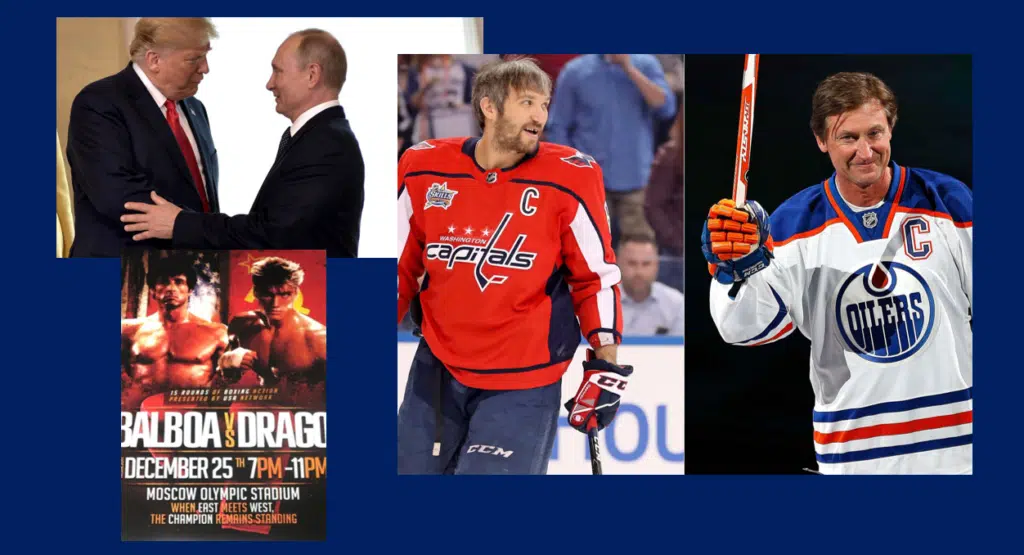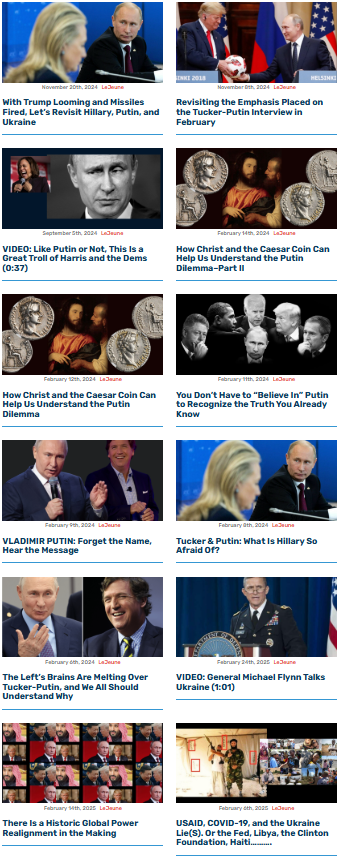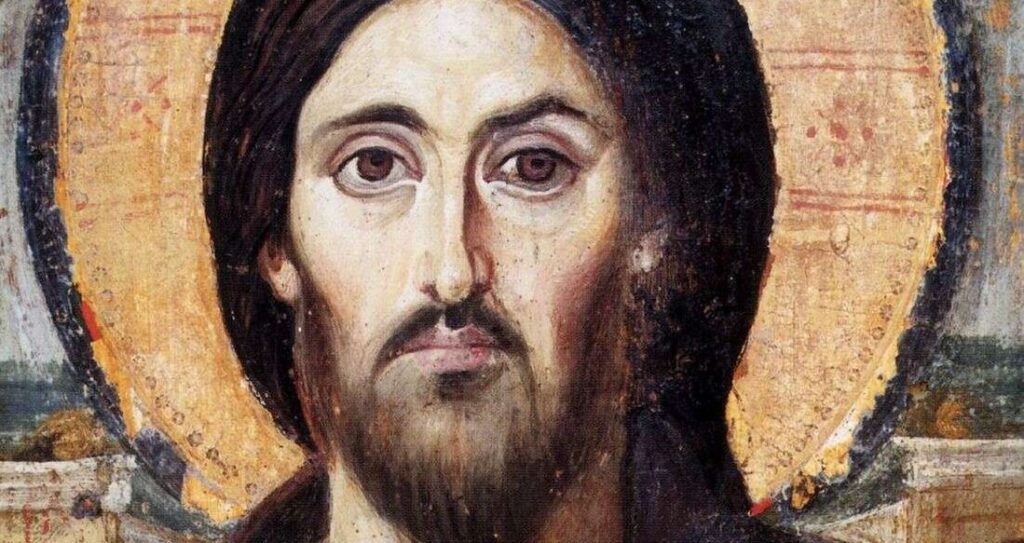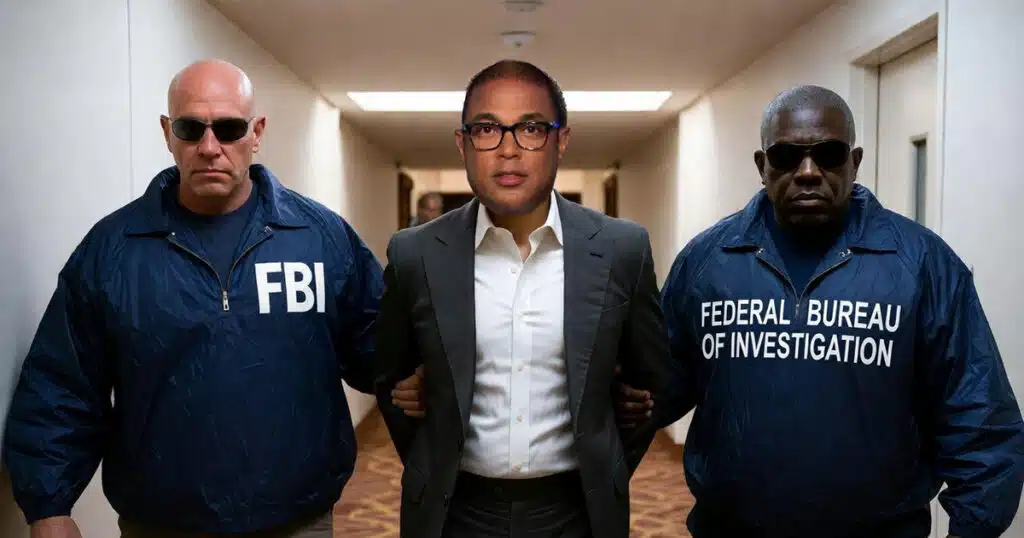
JUST FOR FUN: The Puck, the Players, and the Geopolitical Game
This admittedly is just something fun today to give my brain a break. Sports don’t rule the world, but they’re often a neat starting point for conversation. They certainly involve some of the most mind-boggling coincidences in life in general.
Today’s match, an old standby: the US and Russia.
Remember the old rivalry? The one where the world seemed to divide between East and West, communism versus capitalism, the icy chill of the Soviet Union versus the warm glow of American freedom?
It is a mythology that still informs the lives and politics of many an American, as I well learned in my in-depth work on the Tucker Carlson-Vladimir Putin interview in February 2024:

Sports may seem trivial in the larger geopolitical context, but in the Cold War, every match was a metaphor for a larger ideological battle. In the 1980s, the world watched as the US squared off against the Soviet Union in everything from the Olympic Games to the arena of ideology—which informed good people like the above. On the cinematic front, Rocky IV gave us a cartoonish but potent 90-minute depiction of this East vs West clash, with the tough, no-nonsense American fighting for the honor of his country, his people, his ideals. The 1980 “Miracle on Ice” had already shown that sports could be a battleground, where victories could send a message louder than any political speech ever could.
That of course would be made into a movie years later as well.
But here we are, decades later, standing in the rink once again, perhaps living out the plotlines of cinematic fiction in real life. Only this time, the story isn’t just about the vestiges of an ideological Cold War—it’s about the titans of hockey, international politics, and an simultaneously fracturing and uniting world. Alexander Ovechkin, one of the greatest players in the history of hockey, one who has played his entire career in DC as it turns out, just did something almost mythical: he broke Wayne Gretzky’s all-time scoring record. But in the age of constant media scrutiny, nothing is as simple as a victory on the ice. It can never just be about hockey—especially when yours truly just needed a break.
Speaking of, Ovechkin didn’t just break a record—he invited an entire narrative shift for those still clinging to Cold War fears. This isn’t just a milestone in hockey history; it’s a reminder that the personal can always become political.
Russia and Ukraine, like Ovechkin’s career, are caught in the swirling ice storm of media-driven politics that continue to misinform the public. Maybe it’s time to stop treating every Russian slap shot as a symbol of a hammer and sickle. Maybe it’s time to see Ovechkin’s record as something more than a political tool—and maybe, just maybe, it’s time to break the ice.
As Ovechkin’s record shows, there’s something larger at play—something beyond the rink, beyond the scoreboard. It’s a question of who writes the story now and who has written it in the past, and whether we’re ready to read it all with honesty—and more, whether we’re willing to write most of the words ourselves. And as much as the media wants to keep pushing its narrative of Russia as the enemy, the question remains: What if the real fight isn’t on the ice, but in the stories we’re choosing to believe?
And here’s the twist: Ovechkin is a living, breathing geopolitical flashpoint—a character who can come alive if we’ll just grin to ourselves and allow it. His accomplishment, or in the hours before it happened, he drew the attention of a certain Ukrainian–goaltender of the Ukrainian national hockey team, Eduard Zakharchenko:
The Washington Capitals forward [Ovechkin] tied the record last Saturday in a game against the Chicago Blackhawks before breaking it the next day on the road against the New York Islanders.
A day before the game against the Blackhawks, Zakharchenko spoke to Ukrainian news outlet Sport24ua. Asked about Ovechkin, the goalie smiled and said he hoped “his legs will be torn off and he won’t succeed.”
Zakharchenko went on to say that Ovechkin “does not deserve the admiration of the public,” pointing to the conflict between Moscow and Kiev. He acknowledged, however, that he was following Ovechkin’s pursuit of the record, as were other members of the Ukrainian national team.
“In any case, it’s a world record. But I wouldn’t want [Ovechkin] to [succeed]. I’m completely satisfied with Gretzky,” he said.
Now, obviously, this one voice does not represent the whole of the Ukrainian people, but it is worth mentioning as a conversational point. It is safe to say that this wasn’t just a throwaway comment, and it wouldn’t be a bad guess to assume it is a microcosm of the larger conflict between Russia and Ukraine.
This is where the fun of sports symbolism can indeed turn dark, again, just for conversation’s sake, where the puck doesn’t just moving across the ice but can be unleashed as a political weapon in the media.
Perhaps a little melodramatic, yes, but still, an interesting illustration.
Now, let’s take a step back. We’ve all seen how sports have evolved. Geopolitics and sports are in theory in separate arenas, but in reality have always intersected. It has always been a spectacle. The lines between the two blur. When President Putin floated the idea last month on the phone to Trump about a possible series of hockey games between Russian and US players to restore diplomacy and good will, it wasn’t just about pucks and sticks. It was a message—a subtle one, perhaps, but a message nonetheless. It was a message to the people. It was one of those narrative deployments I keep talking about.
Trump and Putin have been having conversations behind the scenes for a long time. Conversations and deals like they’ve been making this year don’t just get done that quickly. The Putin offer is signal—it is simply catching the people up in a narrative that has already taken place.
Trump understood the play. He probably even helped Putin draw it up.
Putin and Trump, two men who understand the power of symbolism, proposing hockey games as a way to thaw relations? It’s like a page ripped from the Cold War-era playbook and applied on different ice. These wars aren’t fought on the ice or the battlefield—they’re fought in the narratives we’re being fed and challenged to consider beyond our understandably calcified stereotypes of certain nations.
Putin and Trump are after more than just our attention. They’re working to shift how we understand the world—both in the present and through a historical lens.
It’s a much bigger game. The world is changing, new alliances are forming, and narratives are shifting at breakneck speed. Trump’s public rhetoric on Russia has vacillated over the years, from outright hostility to awkward flirtations, which perhaps indicates a script. Recently that script has had him strategically backing away from the narrative that places the blame solely on Russia for Ukraine’s troubles, as was evidenced just recently with the series of entanglements (very likely scripted as well) he experienced with Zelenskyy. The shifting political tides are harder to ignore now, and that was always the point–us. We had to and still have to see it.
One could argue that the so-called “Cold War 2.0” narrative is being rewritten in a way that will help us reset our understanding of the first, one slap shot at a time. So, while Ovechkin might break records, the real question is: can we break the old narrative? And the larger question—who’s writing that story?
Who exactly was behind the Russian Revolution?
Let’s revisit the “Miracle on Ice” for a moment. The victory wasn’t just a win for the US team—it was a victory over an ideological enemy. The scoreboard didn’t just measure the number of goals scored, it measured the ideological battle between communism and democracy—and that communism was always associated with the Soviet Union and Russia.
Fast-forward to today, and the same battle is playing out, but people are starting to realize that if infiltration happens now, then it likely has always happened. After all, it is one of the lasting lessons learned from studying the Trojan Horse and Homer. The puck may be in a different rink, but the adversary remains the same. And perhaps that fact will help us realize that it is the puck and players bouncing all around we need to be decoding—not the arena.
Let’s not forget the recent conversations—if you can call them that—about how the controlled media frames Russia’s actions, especially in Ukraine. It’s the same tired script that has been rolled out again and again: Russia is the villain. Putin is the master manipulator. But if we’re being honest, that narrative is getting harder to sell.
The media wants to hold on to an old story. But the truth? It’s slipping through their fingers.
Still, in the US, too many people still buy it. They haven’t realized that the Russia they think they know isn’t the Russia we’re dealing with today. Nor was it what we were taught in school, not what was going on behind the scenes, not who had succeeded in its infiltration.
One of my go-to analysts “Burning Bright” had this to say:
Trump is waging war on the CCP and the globalist system it represents, which has been pillaging both east and west for 40 years.
You know who else has been waging war on the CCP?
Xi Jinping.
The CCP is NOT China. The Soviet Union is NOT Russia.
The Deep State is NOT the USA.
And that’s where a fun sports metaphor comes in. While the same controlled media we don’t trust in anything else works overtime to demonize Russia for us, to paint every move Putin makes as part of some grand scheme to dominate Europe and the world, Ovechkin quietly becomes a symbol of something else. For the US, he’s a figurehead of a rival power. For Russia, he’s a cultural hero. And for Ukraine, he’s a target, as the ugly tensions between the countries symbolically spill onto the ice, creating the same old image of the world’s geopolitical struggles.
Same definition, new era.
Is the ice cracked yet? Not completely. But it’s warming up.
Take a look at Ovechkin’s career. The man is an icon—he’s broken records, he’s led his team to the top, and through it all, he’s maintained his ties to the Russian leadership. But in today’s charged political atmosphere, this makes him a target. His friendship with Putin is often framed as “compromising,” but what if this narrative is backward? What if Ovechkin’s positioning represents something far more nuanced—something more like a bridge, rather than a symbol of division? After all, is it really so far-fetched to think that hockey—of all things—could be the unexpected tool to unlock dialogue between East and West?
It’s funny how a sport like hockey, with its cold ice and blistering hits, could actually be co-opted as the warmth that thaws Americans’ understanding of the Cold War.
If we dare to ask ourselves a hard question—what would it take for East and West to reconcile today? Is it as simple as a handshake, as a few hockey games? Would a game of sportsmanship truly change the balance of global power, or is the narrative too entrenched, too complex, for a single game to have any real effect?
Perhaps more seriously–was the true war ever really between East and West in the first place? Is that the only arena we were always playing inside?
Because, when all is said and done, maybe the real game isn’t just about who wins or loses. It’s about who gets to write the final score.
Think pucks and players–they’re always on the move.
—
May everyone named directly or referenced indirectly ask forgiveness and do penance for their sins against America and God. I fight this information war in the spirit of justice and love for the innocent, but I have been reminded of the need for mercy and prayers for our enemies. I am a sinner in need of redemption as well after all, for my sins are many. In the words of Jesus Christ himself, Lord forgive us all, for we know not what we do.



